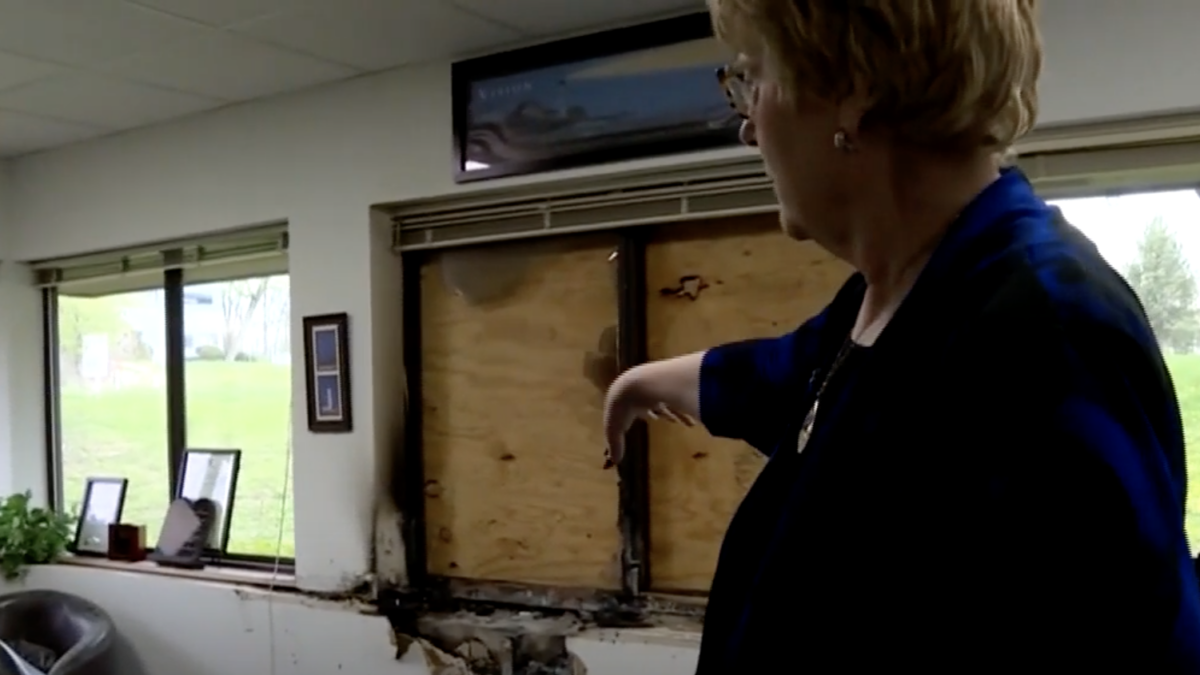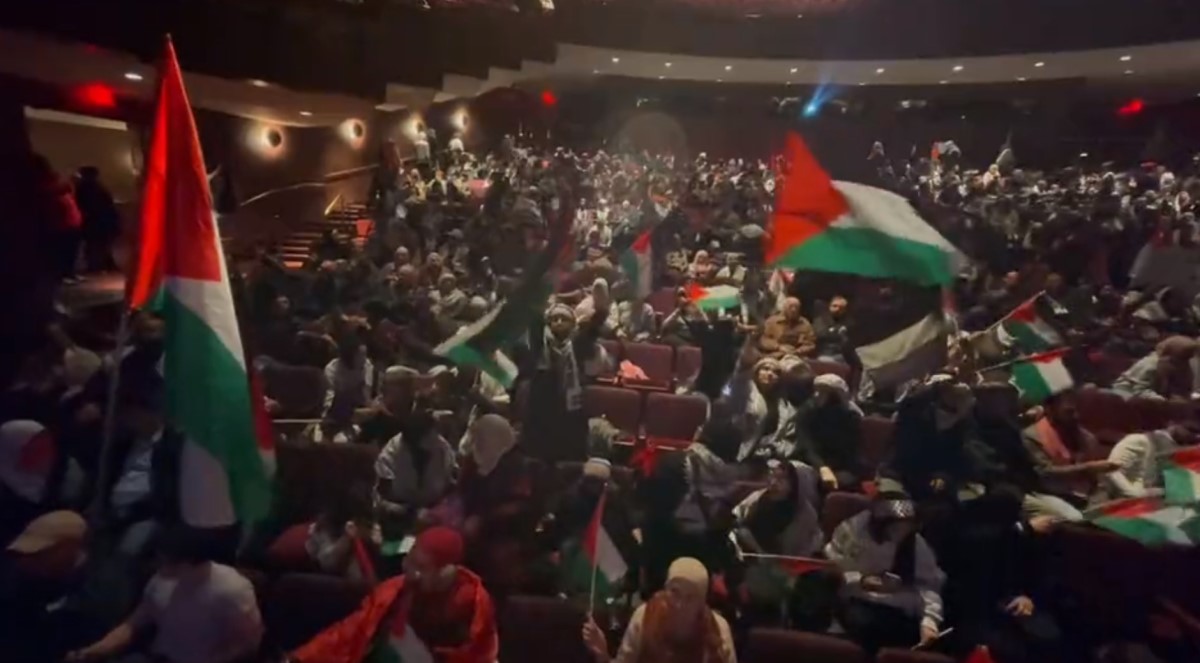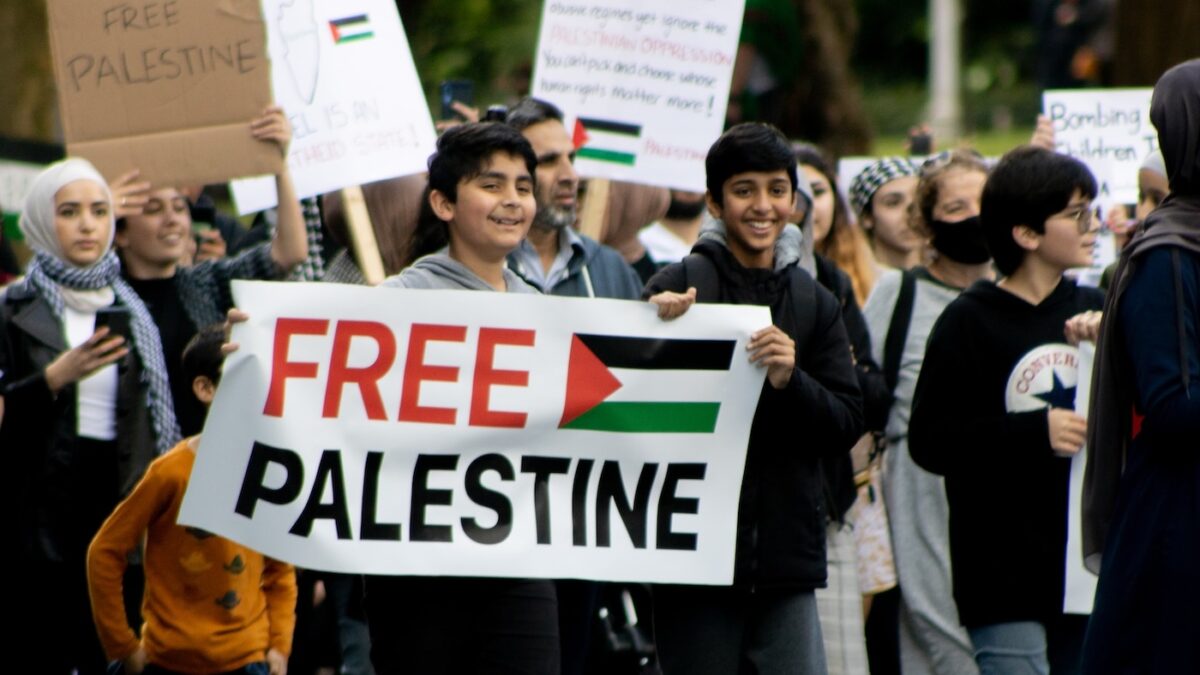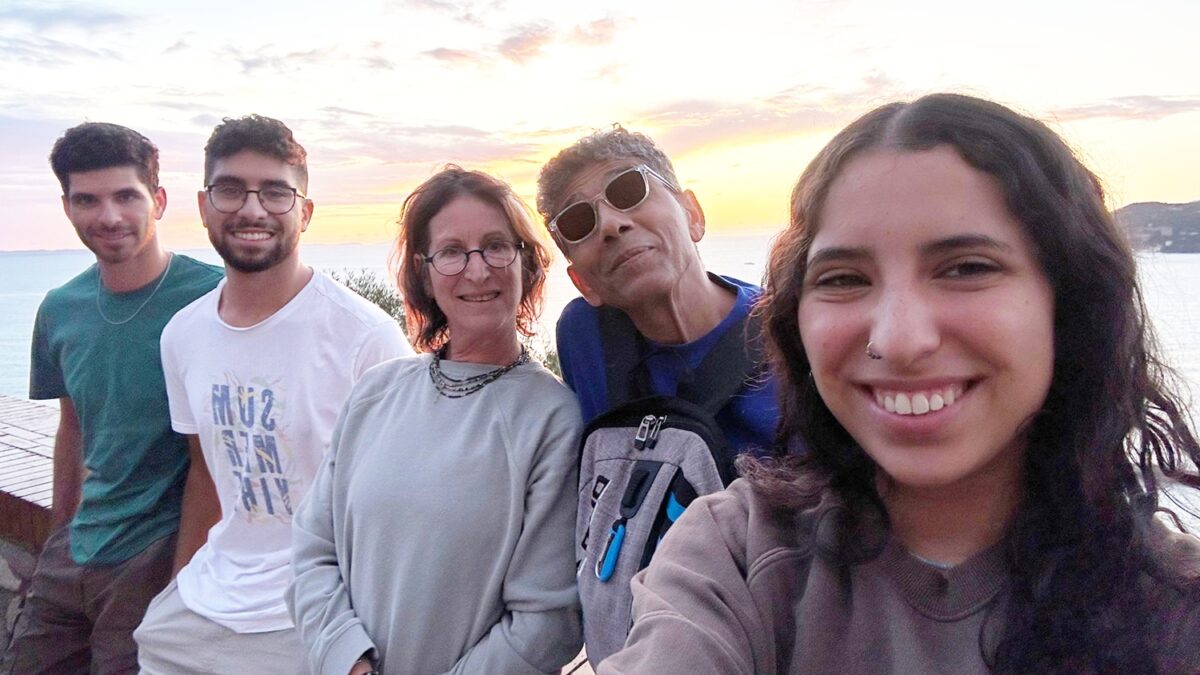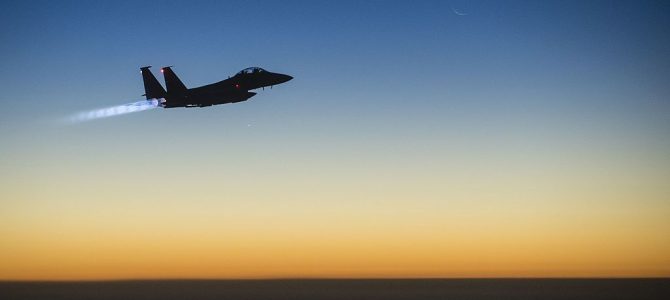
Will Wilkinson at Vox wants to warn us about the strange men influencing President Trump’s White House and pushing for the Muslim ban. But instead of settling for a reasonable critique of their beliefs—and there is certainly much to criticize—he opts for a full-throated insistence that there are no reasonable arguments to be made that radical Islam poses any threat to the United States or Western civilization.
Wilkinson begins by attacking the idea that there’s going to be an all-out war with Islam. Here, he focuses on Steve Bannon, the former Breitbart executive and Trump’s advisor, who has said, “We’re in a world war against a messianic mass movement of evil people, most of them inspired by a totalitarian ideology: Radical Islam.” I won’t defend Bannon’s views, because I don’t agree with many, but I will point out the confused assertions Wilkinson makes, showing his limited knowledge not only of Islam but of international affairs.
Wilkinson compares the military budgets and economic strengths of the United States and its NATO allies with those of the nine top-spending Muslim-majority countries, pointing out that the West has the obvious advantage. He’s right that radical Islam can’t really pose a threat to the United States or its NATO allies in military capacity to conduct traditional warfare. Then again, no one is really arguing that point.
Wilkinson goes on to dismiss Iran as a threat by simply saying it “spends less on its military than Canada.” Never mind the danger Iran poses throughout the Middle East, most specifically to our ally Israel, and the questionable status of its nuclear program. He also argues that Pakistan, the only Muslim nuclear power, is of no concern because we’re allies.
Yes, Lots of Muslims Support Hostile and Radical Policies
Finally, he acknowledges that “this is an exceedingly silly exercise. It shows only that even if the entire Muslim world were hostile to the United States, and unified in that hostility, it would not pose much of a threat. But how many radical anti-US Muslims are there? Not many. Again, the vast majority of the world’s 1.7 billion Muslims live in countries with which the US is friendly.”
He’s right that it’s a silly exercise. One of the reasons it’s silly is because he conflates the official position of a Muslim country’s government toward the United States with the number of “radical anti-US Muslims” in that country. Wilkinson apparently thinks that because Pakistan is officially a U.S. ally, its population must not adhere to a fundamentally anti-liberal interpretation of Islam, and the number of Pakistanis who do have those beliefs must be inconsequential.
In fact, vast numbers of Pakistanis inside and outside their government do have radical beliefs about Islam, which certainly made a difference in sheltering Osama bin Laden for ten years.
Wilkinson can barely bring himself to acknowledge that “Muslims in countries in which Islam is already recognized as the official religion do tend to support the integration of sharia into their countries’ legal codes.” In the Pew study he cites, this “tendency” is overwhelming in the largest Muslim-majority countries. He can’t come to terms with this because he doesn’t understand that in most of the Muslim world, although certainly not all, the integration of government and religion isn’t radical. It’s simply what Islam calls for, because Islam is a fundamentally political religion.
That doesn’t mean there aren’t alternative interpretations of Islam that reject that notion. There certainly are, especially among Muslims living in the West. But they aren’t even close to the majority in the Muslim world.
So why should we care whether Muslims outside the West want Sharia law or ascribe to fundamentalist views if it’s not an “existential threat,” as Wilkinson points out? We should care when it involves human rights, like equality for women and the LGBT community, or when it threatens our allies, like Israel, or promotes instability in a region, like in Syria and Iraq, or when it means sheltering terrorists who are plotting attacks against America. We should care, for example, when Jakarta’s Christian governor is imprisoned for insulting the Quran.
All Who Notice Radical Islam Are Not Steve Bannon
Wilkinson sets up a straw-man argument in which Bannon supposedly represents anyone who argues that there are real and threatening trends in the Muslim world that could not only affect Western liberal values but threaten the growth of peace, equality, and democracy around the world. Since Bannon is such an easy target, and has many oversized, sometimes hysterical, opinions about Islam, it’s easy to knock him down.
Although Wilkinson does acknowledge the existence of al-Qaeda and ISIS, he argues that “from the perspective of empirically grounded risk assessment, this barely ranks as a minor threat to American or Western life and limb. The threat to European or American civilization is zilch.” Again, another handy conflation, this time between the risk of a wholesale military defeat and the wearing away at the Western values of freedom, democracy, and the separation of church and state.
Here, Wilkinson shifts gear to attack the proposition that there’s a threat from “stealth jihad,” what he calls an intellectual “retreat” for those bested by his arguments against the all-out war theory.
A key assumption of stealth jihad propaganda is that something like ISIS’s fundamentalist vision of Islam — the medieval elements, the torture, the beheadings, the obsession with building a caliphate — is indeed the genuine article. On this view, Islam is essentially committed to the imposition of religious law, or sharia, on believers and nonbelievers alike.
In their heart of hearts, therefore, all Muslims are committed to replacing secular political authority with Islamic religious law. This makes Islam an inherently seditious doctrine impossible to square with loyalty to a secular liberal-democratic regime.
First, most of the people who are worried about stealth jihad are not concerned that we are going to begin seeing torture and beheadings in the West. As for the concept of building a caliphate and the implementation of Islamic law, as noted earlier Wilkinson is apparently unaware of some very basic concepts within Islam, not to mention beliefs held by the majority of Muslims around the world. But let’s just look at Muslims in the West.
There Is Good Data on Western Muslims, Lots of It Scary
Wilkinson claims that “There’s no good data on Muslim support for the incorporation of sharia into the official law of Western liberal democracies, because it’s irrelevant. Muslims are very small minorities throughout Europe and North America.” Offering only the example of German Muslims of Turkish descent as proof of how un-radical Muslims living in Western countries are, he points out that only 12 percent of Turks want to replace German law with Islamic law.
What he fails to note is that young Muslims in Western countries tend to hold far more radical views than the older generation does. A BBC poll from 2007 found that 36 percent of Muslims in the United Kingdom aged 16 to 24 think Muslims should be killed if they convert to another religion. Seventy-four percent think women should wear a veil. Eighty percent of young Turks in the Netherlands don’t think it’s wrong to commit jihad against a non-believer.
If there is no problem with integration, and if so few Muslims in the West believe in sharia, jihad, or any other number of fundamentalist values, then why is it that after the Bataclan massacre in Paris, it took police months to find the prime suspect because he was being hidden and sheltered in the largely Muslim Molenbeek neighborhood in Belgium?
Wilkinson thinks it’s crazy to believe that Muslims “seek to replace secular, democratic government with sharia,” but he’s willing to grant it to make the point that, even so, there are so few Muslims in the West that it doesn’t matter. “The means by which such tiny minorities could assert control in strong states dominated by other religions and robust liberal norms remains utterly mysterious.” Yet we’ve seen both here in the United States and in Europe the extent to which the Left bends over backward to accommodate Muslim communities and push back against any criticism of them whatsoever.
Whenever the topic of women’s rights in the Muslim world is brought up, there’s always a backlash from the Left, which prefers its multiculturalism to its feminism. Or take the Rotherham sex abuse scandal, in which city officials didn’t pursue evidence of a child sex ring because the perpetrators were of Pakistani origin and they were afraid of being accused of Islamophobia. Or the fact that whenever there’s a terrorist attack in the West perpetrated by a Muslim, there’s a stampede to insist it has nothing to do with Islam, despite the avowal of the attacker himself.
These efforts are significantly supported by Islamist organizations in the United States like the Council on American-Islamic Relations, which has taken upon itself to be the spokesman for American Muslims, pushing out more moderate voices, and which has ties to the Muslim Brotherhood and Hamas, a terrorist organization. It would seem, contra Wilkinson, that fundamentalist interpretations of Islam do, indeed, have a strong influence in the West, despite being a small minority.
The Truth Is, the Muslim World Is Largely Illiberal
Unlike Wilkinson, I am not interested in making radical and absolutist claims. I don’t think we’re at war with Islam; I don’t think we’re about to see beheadings codified into law; and I don’t anticipate an imminent global battle between Western countries and Muslim countries.
I do, however, think that the Muslim world, while home to many kind and charitable people, is also largely illiberal—and that in itself is a problem that we should care about. The majority of Muslims in the West, especially in the United States, tend to be a self-selecting group of people open to moderate interpretations of Islam, which is one reason they have settled in the West to begin with.
But they are not all like that, and their voice is not as weak as Wilkinson would have us believe. What is most worrisome is the increasing de facto censorship of any criticism of Islam, even in its most extremist manifestations. That, not roving bands of machete-wielding mujahedeen, is what threatens Western civilization and liberal values.
Wilkinson concludes with an obtuse declaration that “In the real world…the idea that anything at all about the West could be threatened by ‘stealth jihad’ is either an expression of studied ignorance or a form of malicious religious intolerance.” His reductive argument would have been infinitely stronger had he understood the issue not as black and white, as a choice between believing the armies of Islam are marching on the West or denying there’s any reason for concern.
But Wilkinson made no real effort to persuade, which is why he’ll fail to convince anyone who doesn’t already agree with him. Then again, maybe his purpose was not to persuade, but merely to signal his own virtue.


